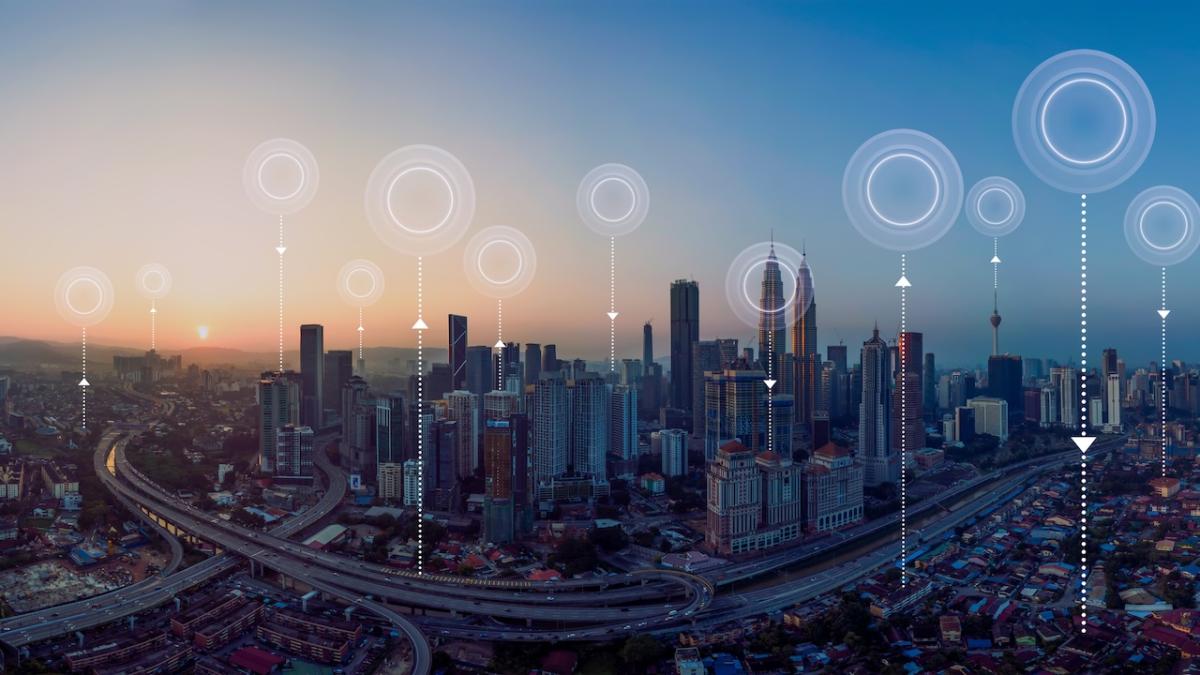Adaptive Re-use and Modernization for Existing Data Centers

Originally published on Black & Veatch Insights
By Phil Fischer, Black & Veatch
Data centers are a critical part of modern business operations, and their importance is only growing as more data is generated and artificial intelligence (AI) puts added pressure on capacities. Many older data centers are struggling to keep up with the demands of modern technology, creating a need for modernization and adaptive re-use. Access to power and fiber, environmental concerns and permitting requirements are making greenfield builds on new sites ever-more challenging.
In addition, increased speed of development and aggressive schedules have become standard expectations in the data center industry. As a shortcut to increasing capacities and expanding data center footprints, developers and owners can leverage existing infrastructure by modernizing legacy data centers or repurposing brownfield sites and buildings. The process for modernization and adaptive re-use begins with thorough planning and due diligence and continues through program management, architecture and engineering, and construction.
An end-to-end data center assessment provides relevant information on the current state of the facilities and an evaluation of potential risks and improvement options. The journey towards data center modernization includes several key steps:
- Stakeholder interviews to capture goals and initiatives
- Current infrastructure and facility assessment to decide which meet capacity, performance, utility and capital objectives
- Capability and capacity studies relating to space, power and cooling systems
- System reliability and maintainability reporting
- Identifying short- and long-term deficiencies
- Assessment of owner identified IT growth on facility infrastructure
- Consideration of Best Practices to improve efficiency and operations
- Evaluation of options and recommended solutions
- Prioritization and schedule of expenditures
- Remediation through infrastructure upgrades, energy and water use or maintenance procedures
- IT migration or outsourcing strategy including provider evaluation and associated change management.
One key tool that can be used during the modernization process is Computational Fluid Dynamics (CFD). By using CFD, facilities can identify, analyze and solve problems before they even occur. CFD provides several benefits, including driving design excellence and evaluating operational alternatives to optimize designs, reduce maintenance costs and mitigate risks. It also increases efficiencies by allowing design assessment early in the process and testing in a virtual environment, saving time and money that would otherwise be spent on physical testing and prototyping.
Overall, adaptive re-use and modernization can help data center developers and owners access existing infrastructure while also transforming legacy and brownfield buildings into resilient, robust facilities that are prepared for future data demand and growth. With the right expertise and tools, data centers can continue to be a critical part of modern business operations for years to come.
Author:
Phil Fischer has more than 25 years in the distributed generation and data center industry with leading infrastructure providers NEC Energy Solutions, American Power Conversion (APC), Schneider Electric, Eaton and most recently Nidec Industrial Solutions. As director of business development for Black & Veatch's data center and commercial segment, he is the client executive to hyper scale, collocation, commercial and other mission critical entities globally. He brings a thorough, holistic understanding of interdependent electrical systems in today’s evolving energy ecosystem including energy storage, backup power, renewable energy and distributed generation solutions for behind the meter, front of the meter, and microgrid applications.
Learn More about how to future-proof your data center
Data center owners and developers are setting environmental, social and governance (ESG) goals to actively protect the environment and mitigate climate change impacts. Built-in design benefits prioritize energy, water and resource efficiency, cut operational costs, slash carbon footprints and speed corporate decarbonization. Stay ahead of the net-zero curve by planning and designing sustainable infrastructure for a future-ready data center.

